Earth
Sign up for our newsletter
We summarize the week's scientific breakthroughs every Thursday.
-
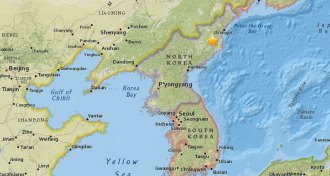 Earth
EarthFive things science can (and can’t) tell us about North Korea’s nuclear test
North Korea’s claim about its recent nuclear bomb test isn’t entirely backed up by scientific evidence.
-
 Science & Society
Science & SocietyClimate, new physics and Jupiter on the horizon for 2016
The first issue of the new year features stories about what will, editor in chief Eva Emerson predicts, hold on as scientific newsmakers during 2016.
By Eva Emerson -
 Climate
ClimateArctic passageways let species mingle
People aren’t the only animals likely to use passages that open up as the Arctic melts.
By Susan Milius -
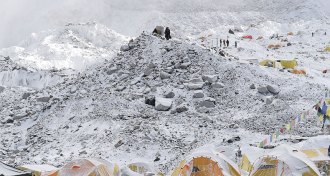 Physics
PhysicsThe science of avalanches
High-tech instruments are helping researchers study how temperature can change the character — and danger — of an avalanche
-
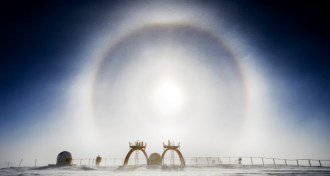 Physics
PhysicsHalo of light crowns Antarctica
Ice crystals in the air bend sunlight into a ring over a research base in eastern Antarctica.
-
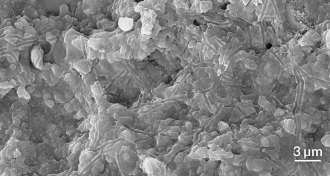 Paleontology
PaleontologyBubbles may have sheltered Earth’s early life
Bubbles formed on ancient shorelines offer scientists a new place to look for traces of early life.
By Meghan Rosen -
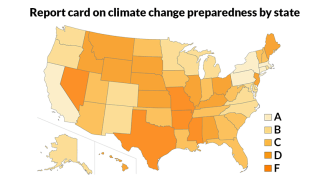 Climate
ClimateReport card shows which states are best prepared for climate change
A preparedness report card shows that some states aren’t ready for the extreme heat, droughts, wildfires and flooding that may come with climate change.
-
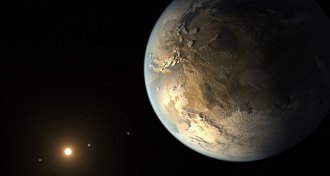 Astronomy
AstronomyExoplanets need right stuff to be habitable
The elemental makeup of a star can reveal whether planets in its solar system could support sustained plate tectonics, a requirement for Earth-like life, researchers propose.
-
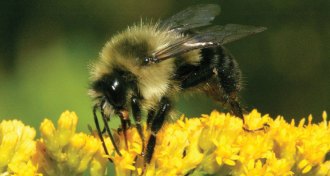 Agriculture
AgricultureNumber of wild bees drops where they’re needed most
Wild bee abundance in the United States is lowest in agricultural regions, according to a new model.
-
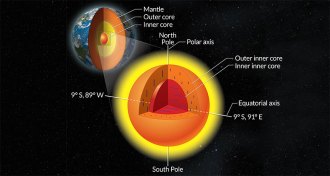 Earth
EarthSolid inner, inner core may be relic of Earth’s earliest days
Earth’s innermost inner core may have formed billions of years earlier than previously thought, shortly after the planet’s accretion.
-
 Animals
AnimalsFog ferries mercury from the ocean to land animals
Scientists have traced mercury in the waters of the Pacific Ocean to animals, including mountain lions, in California.
-
 Climate
ClimateWhy some rainbows are all red
Red rainbows are caused by the position of the sun in the sky, appearing more often during sunrise and sunset, new research finds.